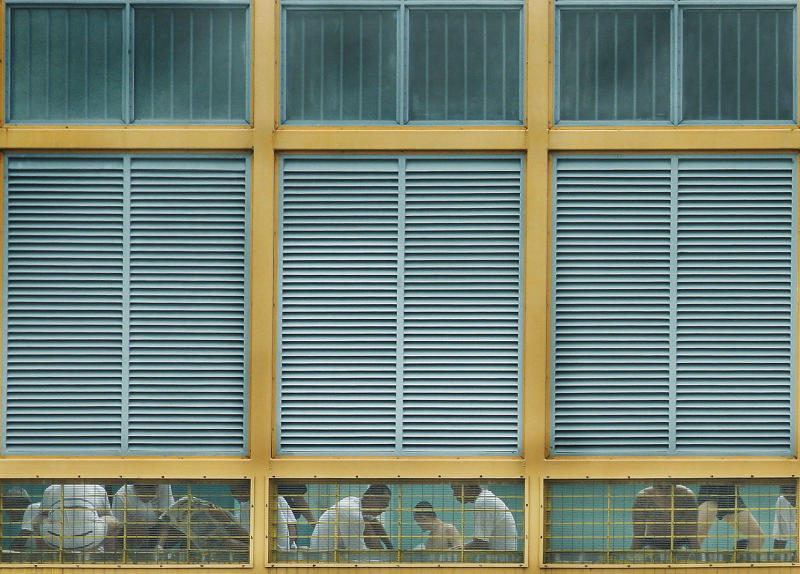Parliament: Amended law passed to extend protection for children up to age 18
Sign up now: Get ST's newsletters delivered to your inbox

Older youth offenders will be offered rehabilitation, while vulnerable children will be better shielded against emotional abuse, among other changes.
PHOTO: ST FILE
Rahimah Rashith
Follow topic:
SINGAPORE - Vulnerable children and young offenders up to age 18 will receive better protection through a Bill that was passed in Parliament on Wednesday (Sept 4).
The law, which protects juvenile youths as well as children under the age of 16 who are exposed to abuse, neglect or risk will be amended to extend coverage to those under 18.
Older youth offenders will be offered rehabilitation, while vulnerable children will be better shielded against emotional abuse, among other changes. Foster parents will also get childcare leave as part of changes to the Children and Young Persons Act, which was enacted in 1949 and last amended in 2011.
There are four key areas carved out by the Bill: enhanced protection for abused or neglected children, greater rehabilitation and integration options for youth offenders, strengthened guidance for families in parenting and more community involvement such as having trained volunteer welfare officers.
Thanking MPs for their support of the Bill, Minister for Social and Family Development Desmond Lee said: "Only when we work collectively can we help our vulnerable children overcome their difficult circumstances to have the best shot in life."
Several of the 13 MPs, including Ms Rahayu Mahzam (Jurong GRC), Dr Intan Azura Mokhtar (Ang Mo Kio GRC) and Nominated MP Anthea Ong, who spoke on the subject raised concerns about the use of mechanical restraints such as handcuffs and leg braces on young offenders.
Under the Act, the Ministry of Social and Family Development officers working in youth homes may use such restraints to enhance safety and security, and prevent incidences of escape, self-injury or injury to others.
But Mr Lee assured MPs that the restraints "will not be used as a punitive measure" and that the Youth Homes adopt a range of approaches to de-escalate and manage a resident's "aggressive and violent behaviour". This could be to talk to the young person or to use therapy or padded rooms to calm those who are agitated.
"MSF will put in place stringent procedures and processes in the use of restraints. This includes recording each use of the restraints, and removing the restraints once the need has passed," he added.
Emphasising the importance of rehabilitation, Mr Lee said that a Ministry of Social and Family Development (MSF) officer will also help the resident to process his feelings after the restraints are removed. "Where necessary, a multi-disciplinary team comprising the caseworker, psychologist and psychiatrist will also support the youth through the process."
Mr Lee said young people of various ages are housed in separate sections in MSF Youth Homes, depending on their level of maturity and needs, in response to MPs who were concerned about bullying, and homes having to manage children of a wide age range.
Under the Bill, children and youth will also be better protected against emotional abuse from parents and guardians. A clear definition of the term "emotional injury" has been provided as well as a non-exhaustive list of circumstances in which a child is emotionally harmed by his parents, such as being confined in small spaces as discipline, or being infantilised, which can be undermining or dehumanising.
This will allow the MSF to intervene in situations that require vulnerable children to be protected.
Mr Lee gave assurances that under the amendments, parental authority would not be diminished, adding that "we do not intend to unduly interfere with parents' right to discipline their children and we do not intend to overly intrude into the private lives of families".

